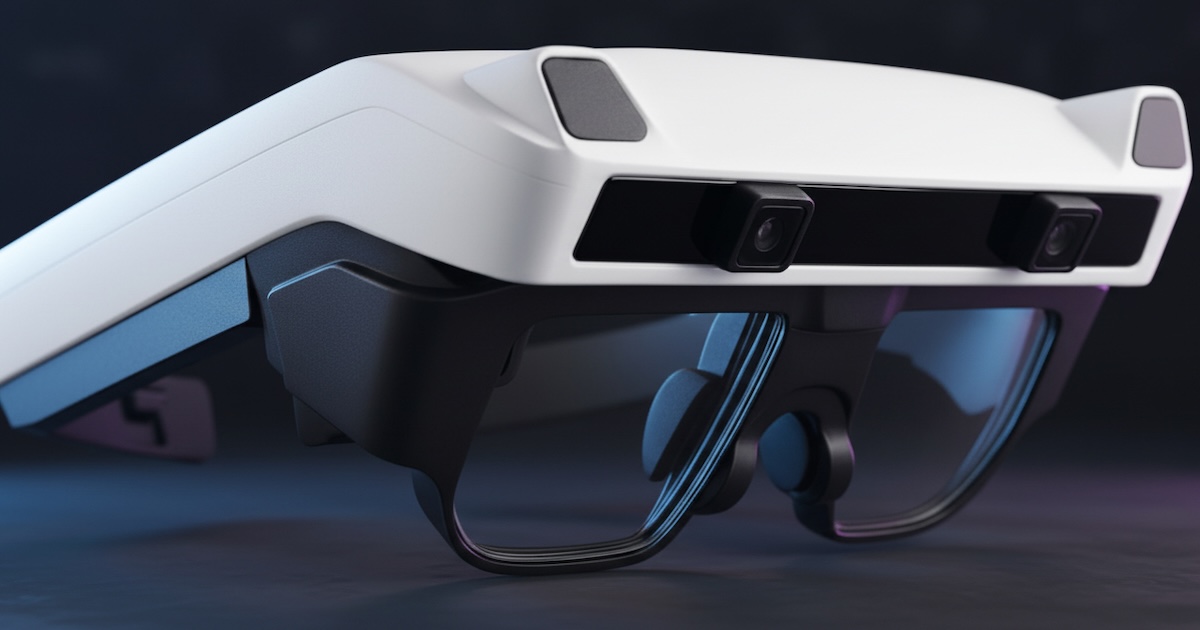A British biotech company is testing a pocket-sized device that could help healthcare workers diagnose outbreaks of infectious diseases and pinpoint drug-resistant mutations within 15 minutes.
Developed by Newcastle, UK-based QuantuMDx, the handheld DNA lab could be deployed later this year in clinical trials in Gabon. The device would first be used to test for malaria, which affects some 200 million people, kills nearly 660,00 each year and, on average, ends the life of one child every minute.
Calling the device “an infectious disease monitoring system wherein GPS data and real-time DNA sequence data are immediately analyzed and used to track emerging new infectious disease threats and drug resistance,” QuantuMDx co-founder and chief scientific officer Jonathan O'Halloran claimed in an April 25 press release timed to coincide with World Malaria Day that it “will be significantly faster than relying on traditional methods of identifying and monitoring these diseases."
The current approach to testing frequently occurs in satellite laboratories, so “by the time results are returned weeks or months later, the patient is often lost to the system,” O’Halloran explained back in October, adding that rapid access to this information will enable “the immediate prescription of targeted drug treatments.”
QuantuMDx’s testing kit uses a disposable cartridge that, when inserted into the company's Q-POC universal reader, reads and sequences DNA from a patient's blood sample and converts it into a binary code via a tiny computer chip. Officials say the technology can diagnose infectious diseases like malaria, TB and HIV within 15 minutes for a few dollars, and they're looking to commercialize the technology by 2015.
O’Halloran added that the device and the data it captures will be a boon to epidemiologists and public health officials because it can be used to identify pathogens and drug-resistant mutations, thereby enabling them to ship “the correct anti-infective to the exact site that these diseases originate.”
QuantuMDx – which raised more than $18,000 in an Indiegogo crowdfunding campaign for development and production of assays for the trial – will be working with the European Union-funded NanoMal consortium, led by St. George's University of London and research centers in Sweden and Germany, to launch its malaria testing campaign.
Last year, the company was awarded a grant from the UK government's Technology Strategy Board to test for drug-resistant tuberculosis (MDR-TB), which kills an estimated 2 million people a year despite being treatable.


